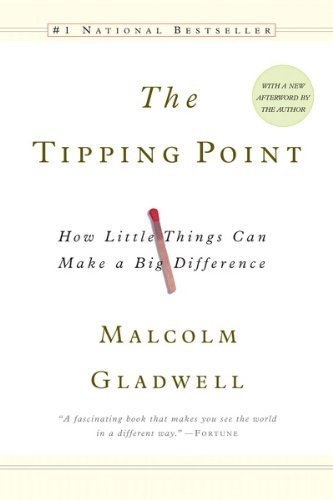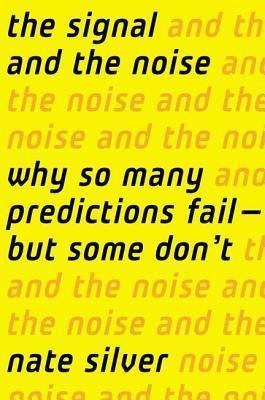
Reviews

The Tipping Point
The tipping point is that magic moment when an idea, trend, or social behavior crosses a threshold, tips, and spreads like wildfire. Just as a single sick person can start an epidemic of the flu, so too can a small but precisely targeted push cause a fashion trend, the popularity of a new product, or a drop in the crime rate. This widely acclaimed bestseller, in which Malcolm Gladwell explores and brilliantly illuminates the tipping point phenomenon, is already changing the way people throughout the world think about selling products and disseminating ideas.

Jack: Straight from the Gut
Nearly 20 years ago, former General Electric CEO Reg Jones walked into Jack Welch's office and wrapped him in a bear hug. "Congratulations, Mr. Chairman", said Reg. It was a defining moment for American business. So begins the story of a self-made man and a self-described rebel who thrived in one of the most volatile and economically robust eras in U.S. history, while managing to maintain a unique leadership style. In what is the most anticipated book on business management for our time, Jack Welch surveys the landscape of his career running one of the world's largest and most successful corporations.

Disneywar
“When You Wish Upon a Star," "Whistle While You Work," "The Happiest Place on Earth" -- these are lyrics indelibly linked to Disney, one of the most admired and best-known companies in the world. So when Roy Disney, chairman of Walt Disney Animation and nephew of founder Walt Disney, abruptly resigned in November 2003 and declared war on chairman and chief executive Michael Eisner, he sent shock waves through the entertainment industry, corporate boardrooms, theme parks, and living rooms around the world -- everywhere Disney does business and its products are cherished."DisneyWar" is the breathtaking, dramatic inside story of what drove America's best-known entertainment company to civil war, told by one of our most acclaimed writers and reporters.

The Signal and the Noise: Why So Many Predictions Fail - But Some Don't
A non-fiction semi-manifesto by Nate Silver, famous founder of FiveThirtyEight and "statistical savant". Silver takes the reader on a journey through a brief history of human knowledge and information (from the printing press to the digital age), and how the "noise" is increasing exponentially over the past few centuries. The book then ventures into a detailed description, one per chapter, of multiple prediction fields.
The subjects include areas of successful prediction (elections, weather, sports betting... for some), areas still struggling to master prediction (earthquakes, economics, financial market...for most), and finally delves into critical topics and the use of Bayes theorem as a guiding principle for areas such as global warming, epidemics/pandemics, and foreign conflicts/wars. Silver leaves the reader with guiding principles for navigating the digital age - for the sake of spoilers those are omitted from this review.

Flash Boys: A Wall Street Revolt
Flash Boys is about a small group of Wall Street guys who figure out that the U.S. stock market has been rigged for the benefit of insiders and that, post–financial crisis, the markets have become not more free but less, and more controlled by the big Wall Street banks. Working at different firms, they come to this realization separately; but after they discover one another, the flash boys band together and set out to reform the financial markets. This they do by creating an exchange in which high-frequency trading—source of the most intractable problems—will have no advantage whatsoever.
The characters in Flash Boys are fabulous, each completely different from what you think of when you think “Wall Street guy.” Several have walked away from jobs in the financial sector that paid them millions of dollars a year. From their new vantage point they investigate the big banks, the world’s stock exchanges, and high-frequency trading firms as they have never been investigated, and expose the many strange new ways that Wall Street generates profits.
The light that Lewis shines into the darkest corners of the financial world may not be good for your blood pressure, because if you have any contact with the market, even a retirement account, this story is happening to you. But in the end, Flash Boys is an uplifting read. Here are people who have somehow preserved a moral sense in an environment where you don’t get paid for that; they have perceived an institutionalized injustice and are willing to go to war to fix it.


